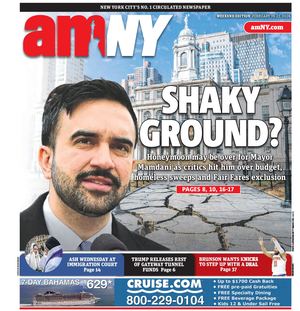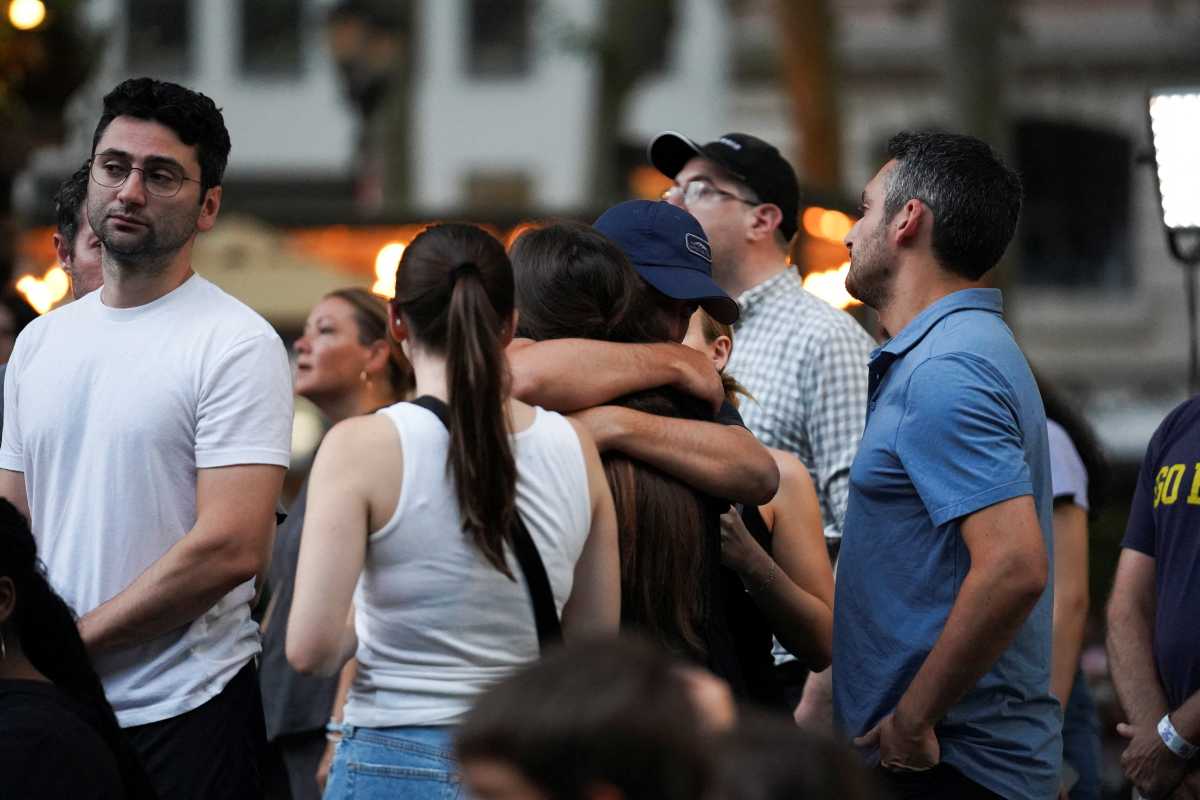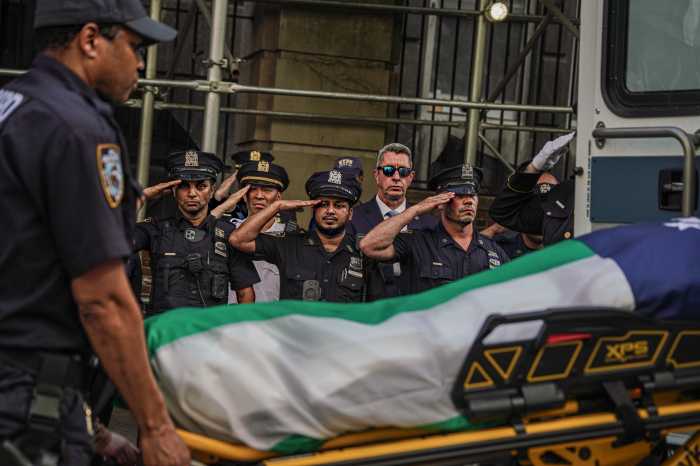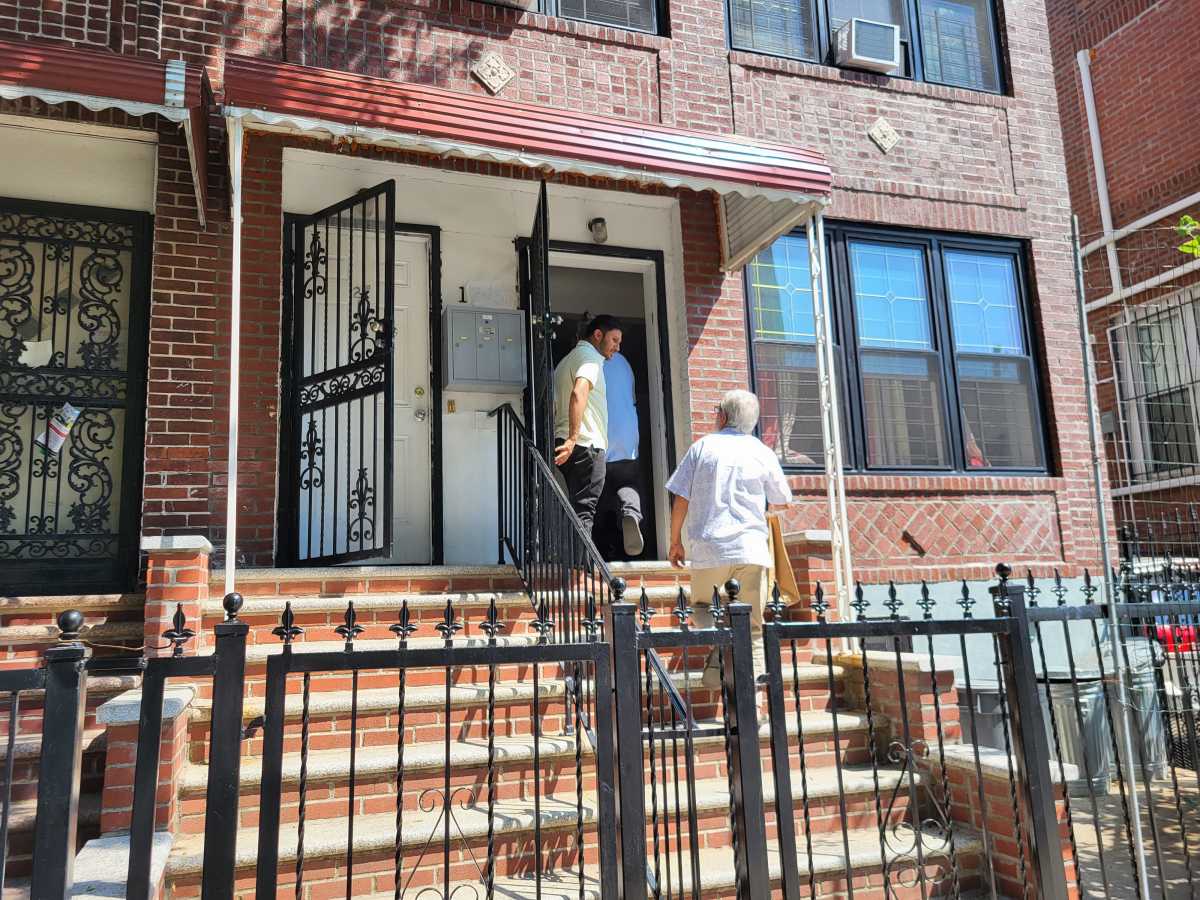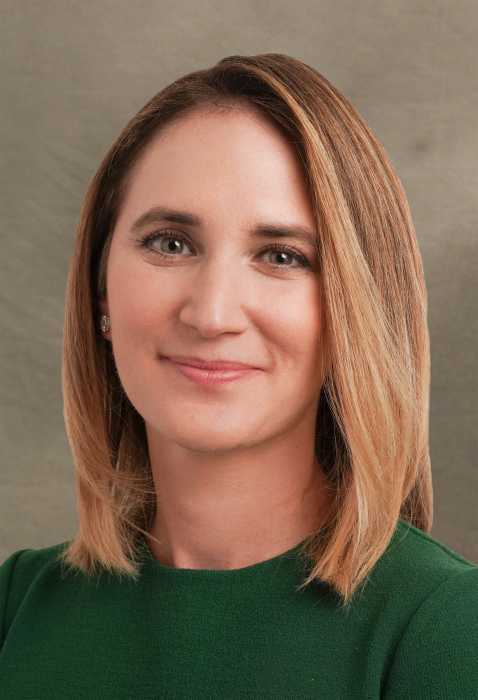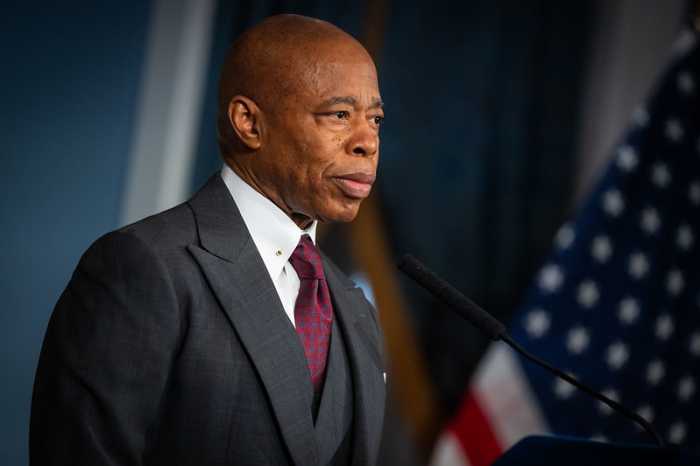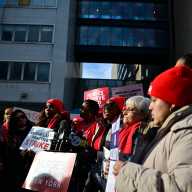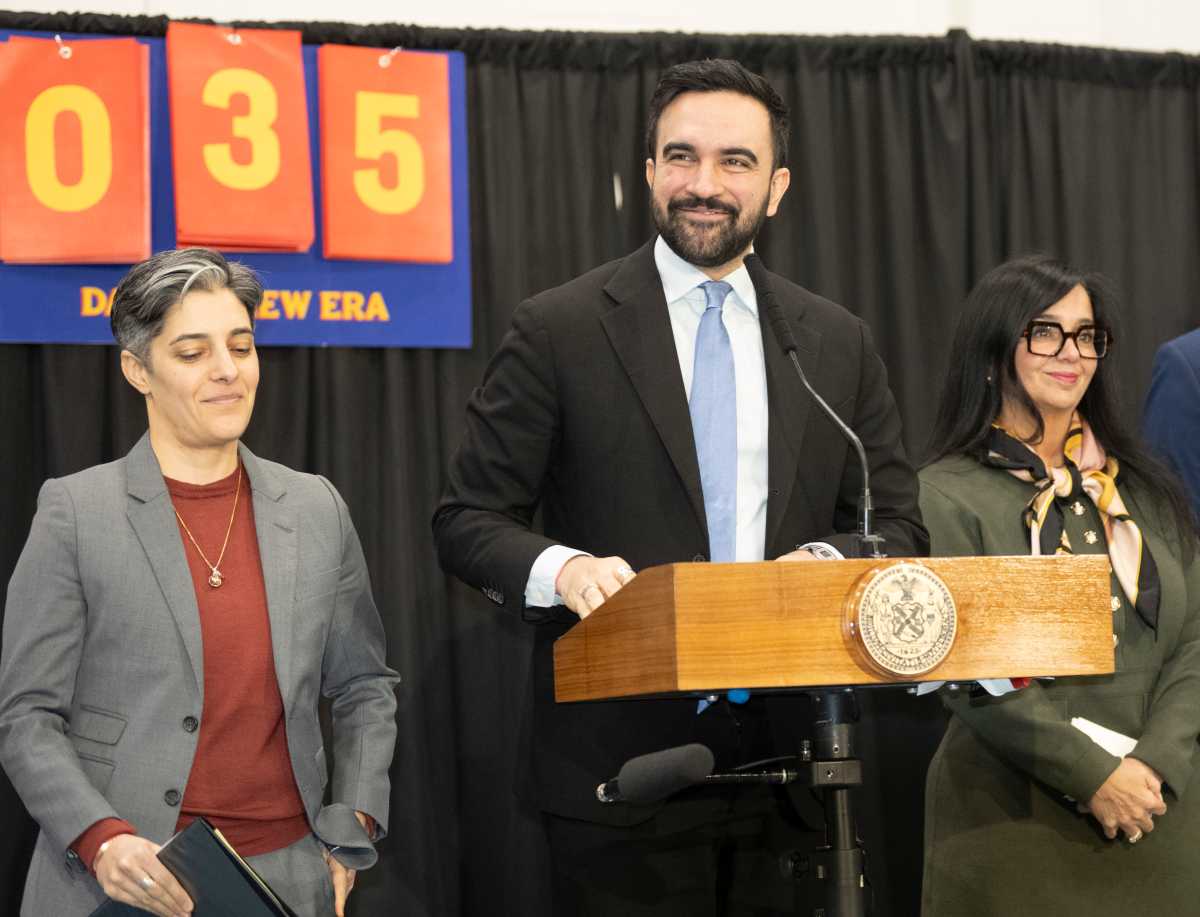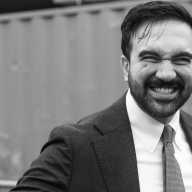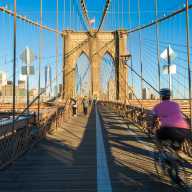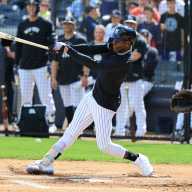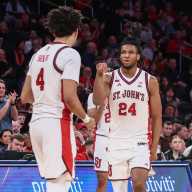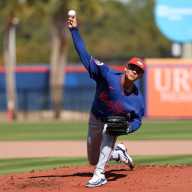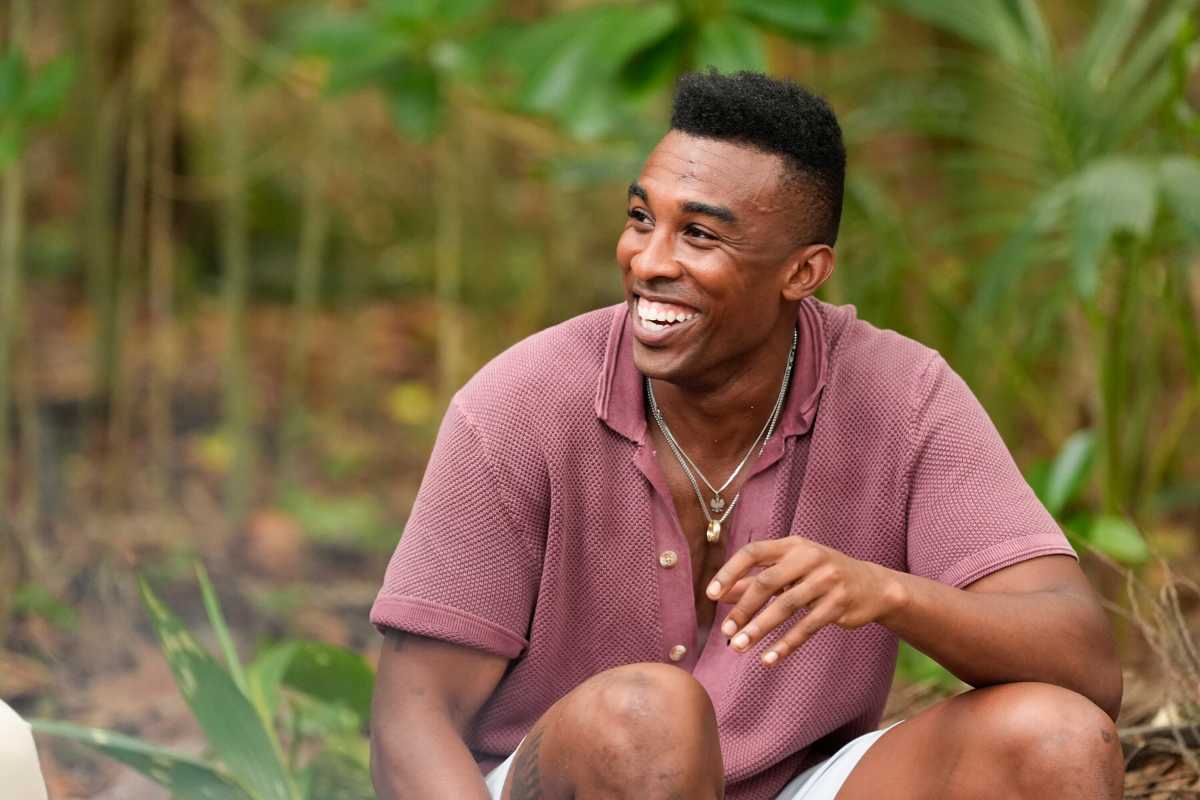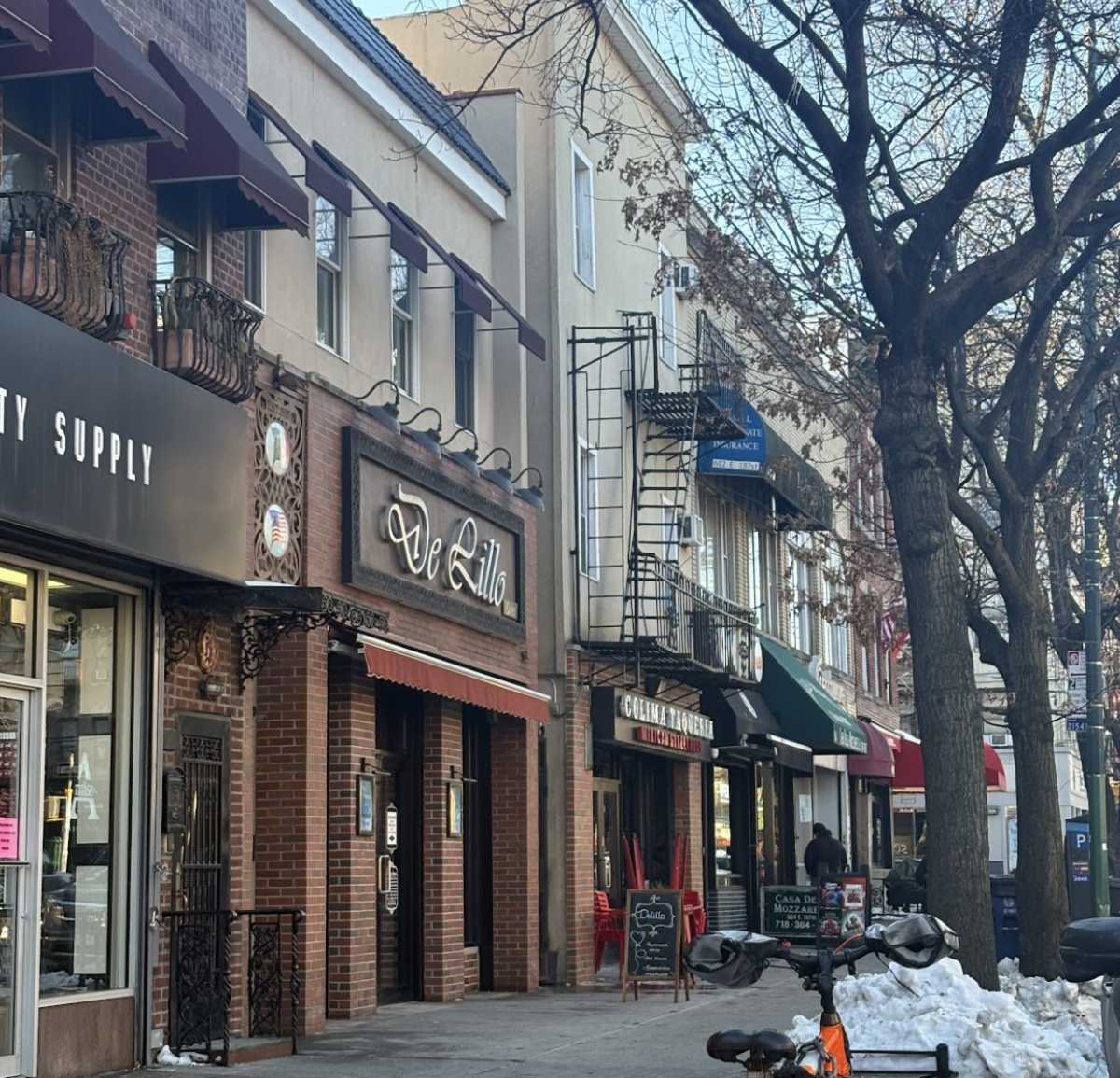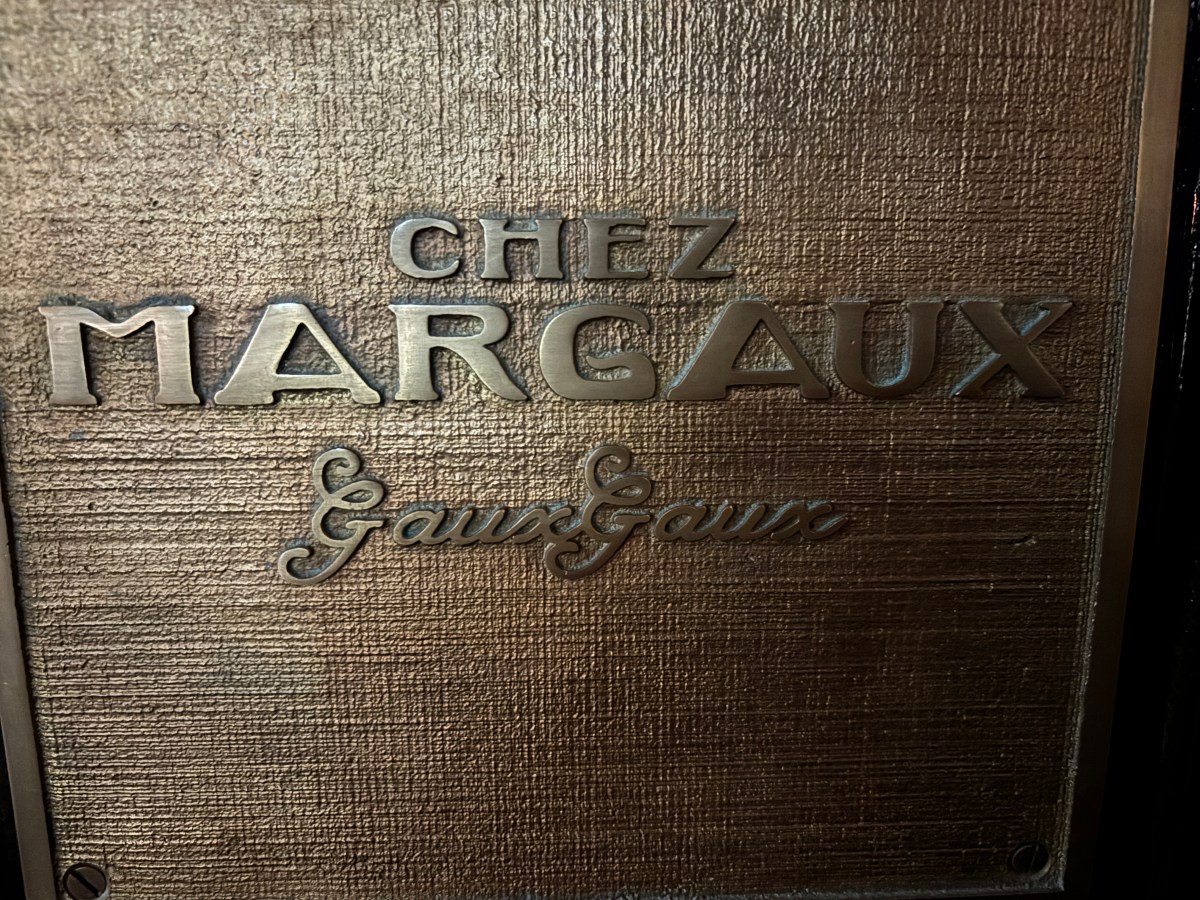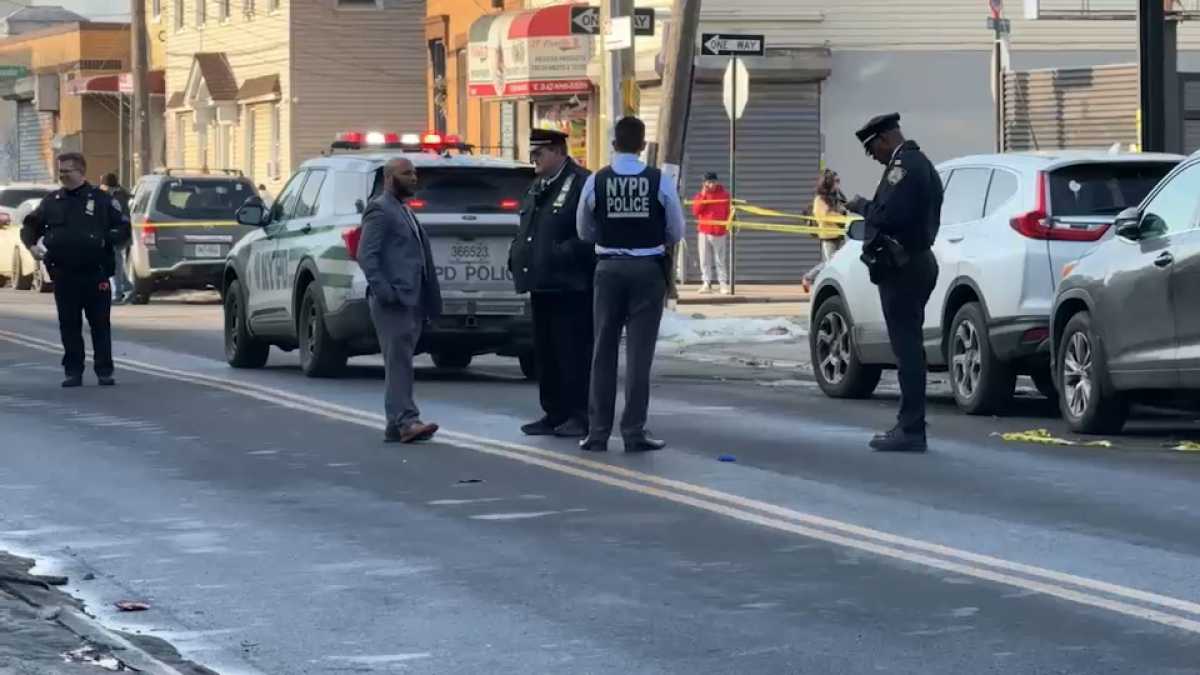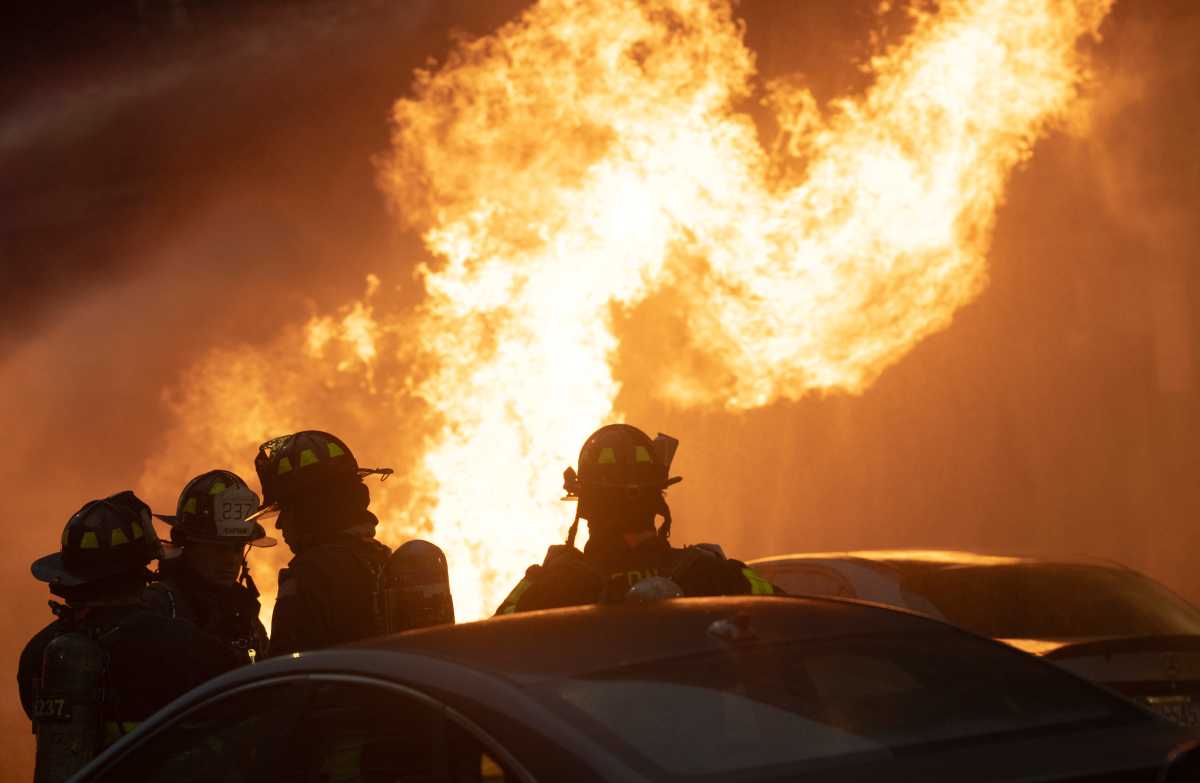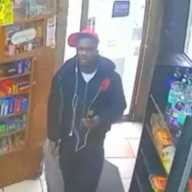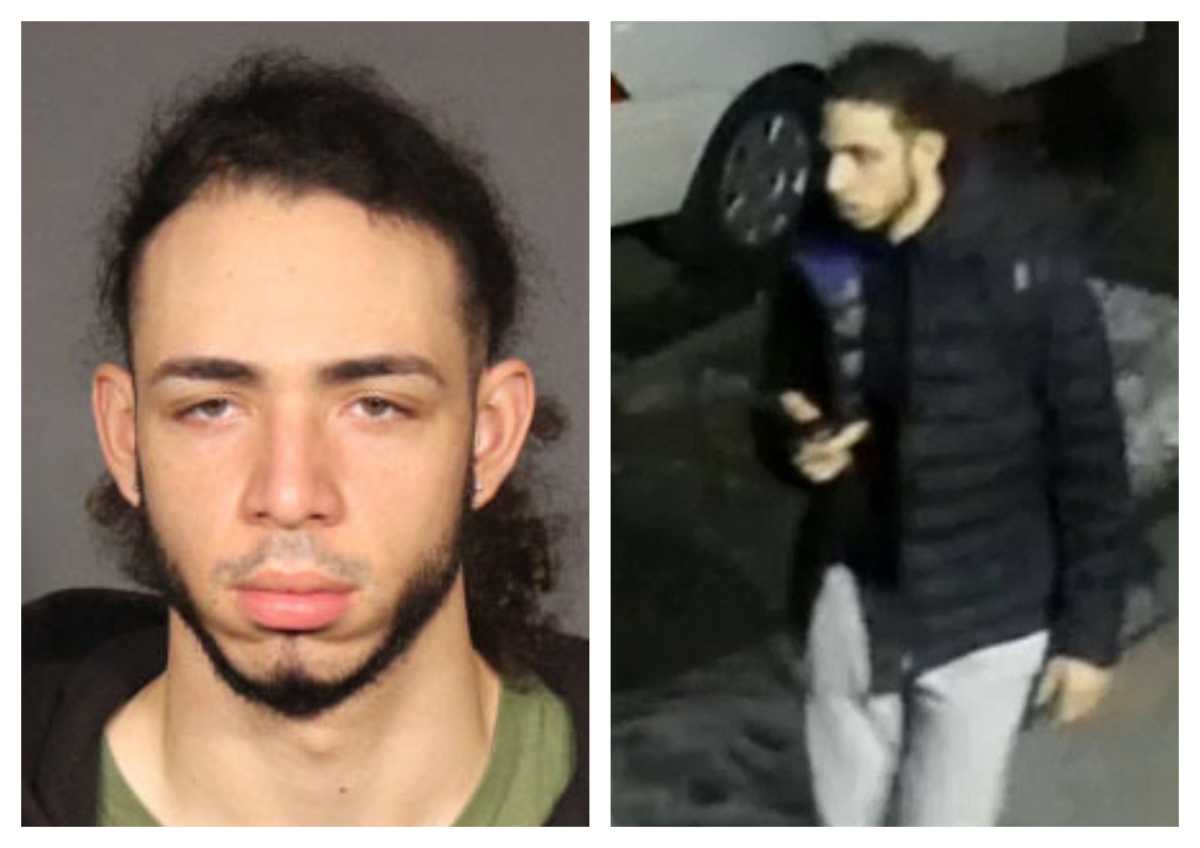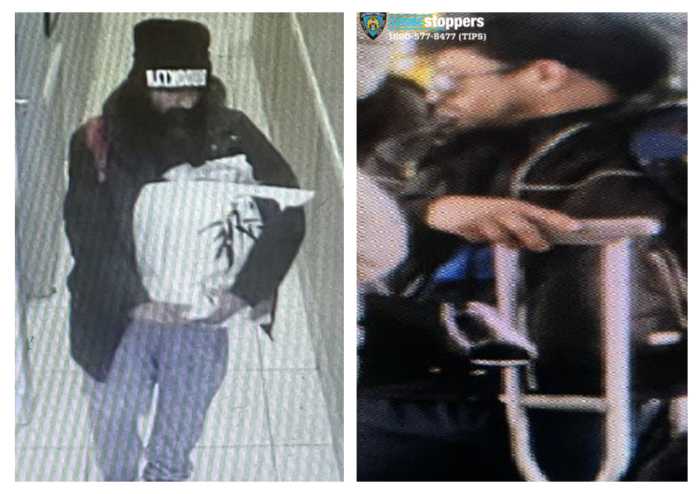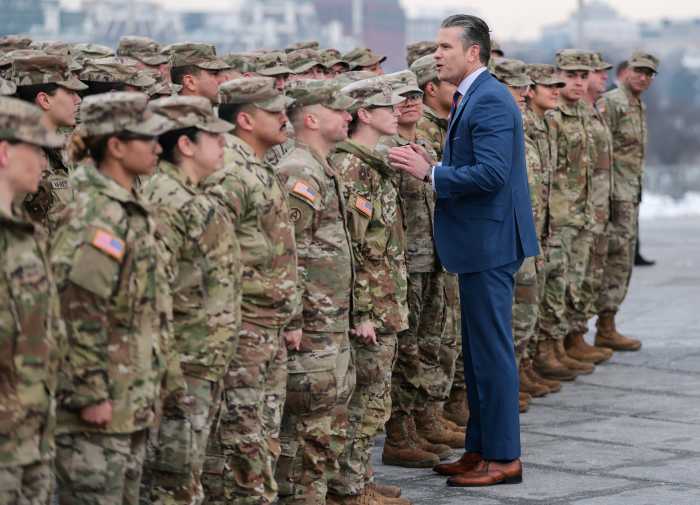New Yorkers gathered for a multi-faith prayer vigil at Bryant Park on Tuesday night to honor the four people killed in Monday’s mass shooting at a Midtown office building. The event drew attendees from across the city, including state and city officials, faith leaders, and community representatives.
The shooting occurred Monday evening when a gunman, traveling from Las Vegas, entered a Midtown skyscraper armed with an AR-15 style rifle. The shooter, Shane Tamura, killed four people, including Police Officer Didarul Islam.
The attack shook many New Yorkers, including Yesid Carvajal, a native of Cali, Colombia, who has lived in the city for 33 years. He had been attending a poetry reading in the park when he noticed organizers set up the vigil. Once he saw the flower arrangements, he “knew it had to be from the killings from yesterday.”
Concerned about growing feelings of insecurity in the city, Carvajal said he was drawn to the vigil to “listen to the leaders” and hear firsthand what they had to say about the tragedy.
“Lately, we have seen a lot of losses in security in our city and in some other places in this country,” said Carvajal. “With this mass shooting, it’s about, according to the statistics, 254 mass shootings in this year only,” he continued.
“That’s not normal,” he added.

Others in attendance echoed Carvajal’s concern. James McDougal, who has worked in a Brooklyn-based organization addressing youth violence for two decades, said the shooting raised new concerns about public safety in Manhattan.
“This is pretty much new gun violence to this community,” said McDougal, having dealt with gun violence in his Brooklyn community for 20 years.
He felt taken aback when he first heard the news. “So that’s stunning,” he said. “It’s just another incident in another community.”
Mass shooting prompts new call for federal gun laws
The nature of the weapon used in the attack added to the concern. The shooter used a lightweight semi-automatic rifle—a type of weapon banned in New York City—prompting many attendees to call for stronger gun regulations.
“I think there should be legislation to restrict the use of these kinds of mass killing machines,” said Carvajal. He added that weapons like the AR-15 should be restricted to the military, “not to be used with the citizens.”
Pastor Everette Samuel, a Seventh Day Adventist and clergy engagement director for the 67th Precinct Clergy Council in Brooklyn, said she was “appalled” by the shooter being able to walk out of his car with a rifle in hand.
Samuel said she attended the vigil as a clergy member and to offer support to the victims’ families. When receiving news about the shooting, Samuel felt sad, but also a feeling that “people weren’t protected.”
“What can we do to make our city safe today?” she asked. “Because that should never happen. You walked in with that [the rifle], right?”
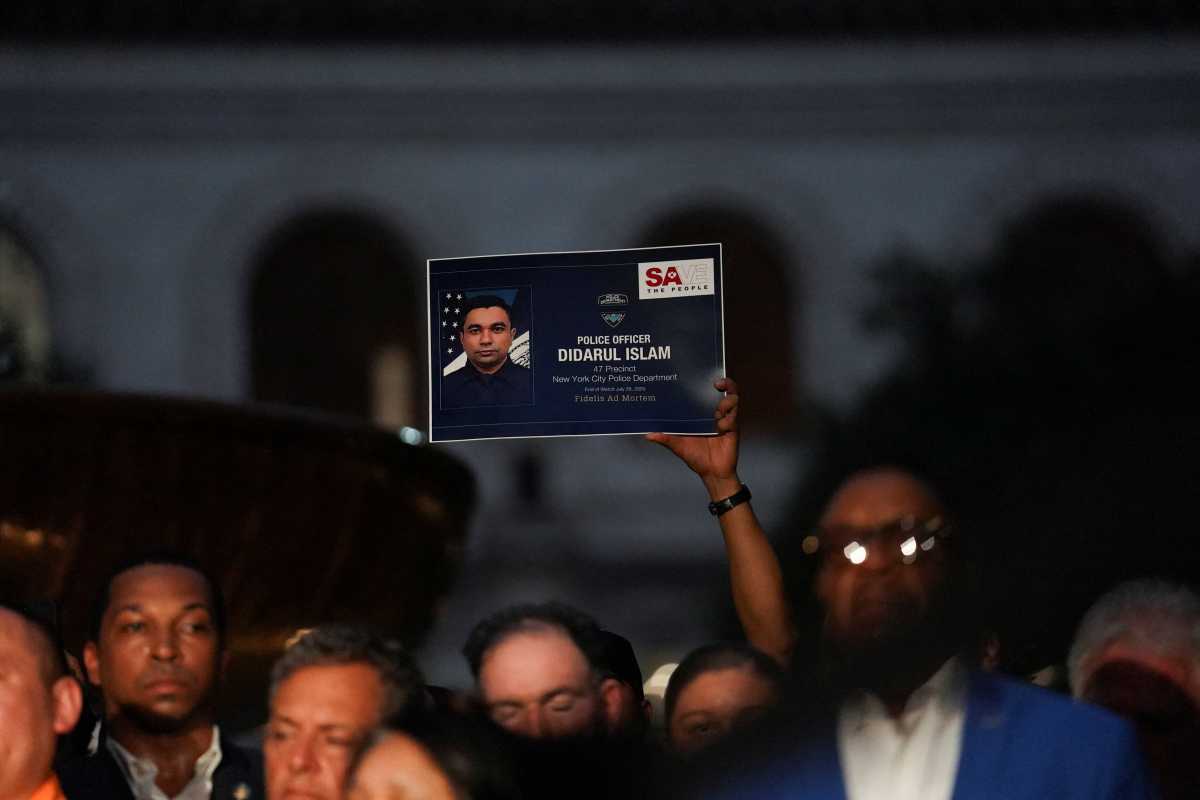
Pastor Gilford Monrose, a faith advisor to Mayor Eric Adams who also participated in the vigil, emphasized the broader issue of illegal guns entering the city.
“We have a problem where we have illegal guns that are making it into our city,” Monrose said.
New York State has some of the strictest gun laws in the country, including a ban on assault weapons and a strengthened red flag law. But Gov. Kathy Hochul and Mayor Adams have acknowledged that these laws have not entirely prevented gun violence, particularly because gun buyers can legally purchase firearms in nearby states with looser regulations.
“Our laws only go so far when an AR-15 can be obtained in a state with weak gun laws and brought into New York to commit mass murder,” Hochul said in a statement Tuesday.

At the vigil, both Hochul and Adams renewed their calls for federal legislation to stop the flow of assault weapons and address interstate gun trafficking.
“It’s time to turn the corner of a society where automatic weapons are as easy to get as a cell phone,” Adams said.
Still, not everyone at the vigil expressed confidence in the prospect of national policy change. McDougal, who has spent years working on gun violence issues, voiced skepticism about the likelihood of federal action.
“Let’s change policy in D.C., which I don’t think is going to happen,” he said.
Keeping the faith in New York
Despite his doubts, McDougal remains cautiously hopeful. “Hopefully it gets better,” he added.
For him, the vigil offered more than a moment of remembrance—it was a way to bring people together. He called it “a good shot—it’s a start.” While he believes policy change is essential, he stressed that addressing gun violence also requires something more personal.
“I want to see us respect one another,” McDougal said. “That helps a lot.”

Mayor Adams urged the city’s diverse faith community to offer spiritual support in the aftermath.
“New York is not a person who drives across the coast and comes here and commits this act of violence,” said the mayor. “We are New York, different faiths and beliefs, different houses of worship.”
Building on that call for unity, Hochul shared a moment from earlier in the day, recounting her conversation with Officer Islam’s mother, who had asked simply, “Pray for us.”
The vigil provided a space for community healing and reflection. Attendees described the gathering as a necessary moment to come together in mourning and solidarity. Carvajal said it was “constructive” and allowed people to express their grief together in a moment of crisis.
“I like to live the civic life of the city and not be a passive witness to what is going on,” he said, adding that he sees value in attending events like the vigil to engage with the community and look for ways to help.
Samuel said the range of faith leaders present made the event feel inclusive and united. “Unity with everyone,” she said, adding that “whatever affects one person impacts the whole community.”
“We just want to show the world that there is strength in unity,” said Samuel. “We are stronger together.”
